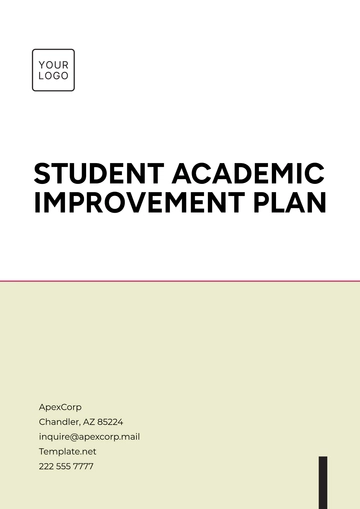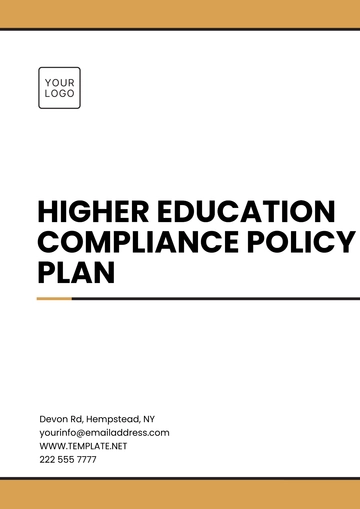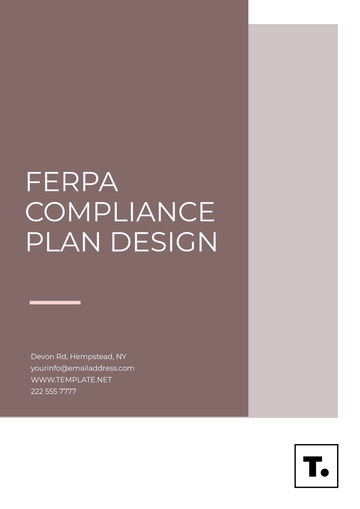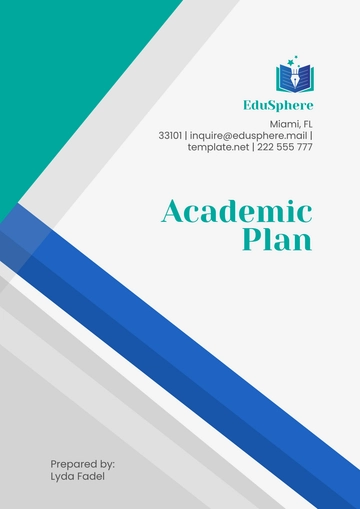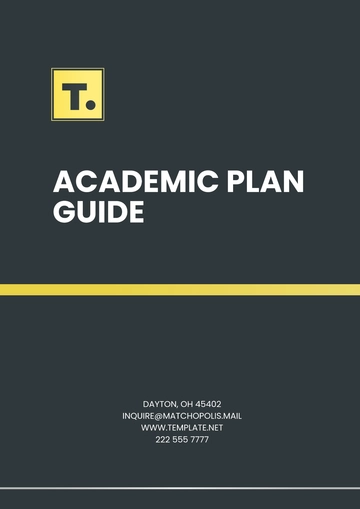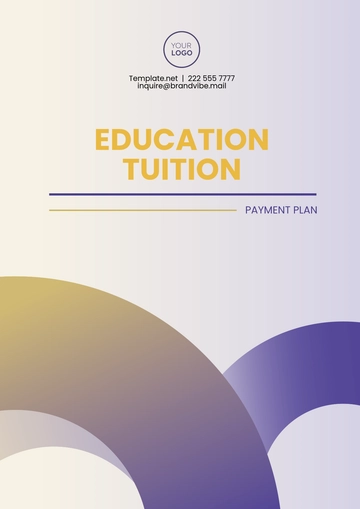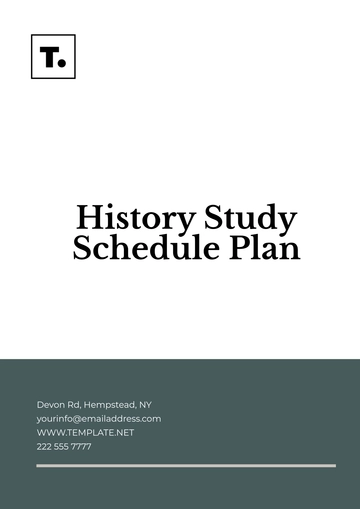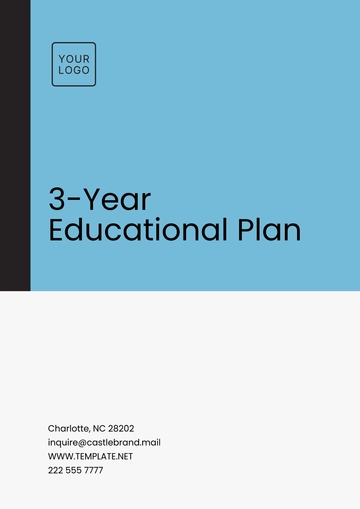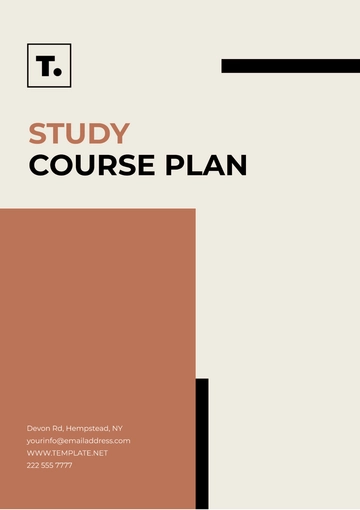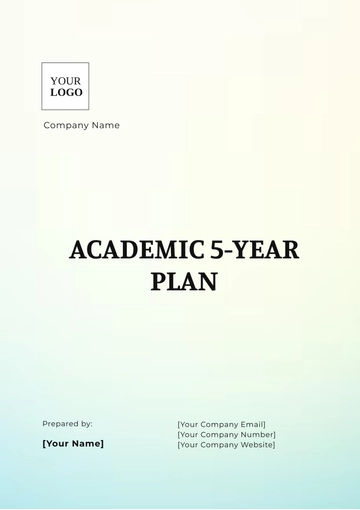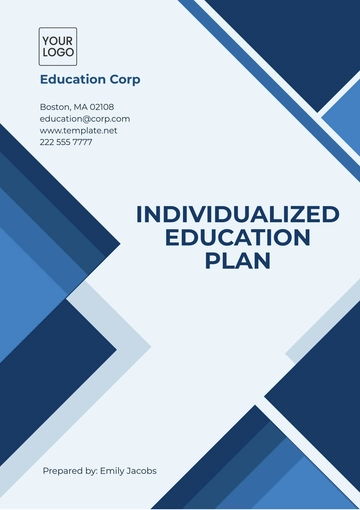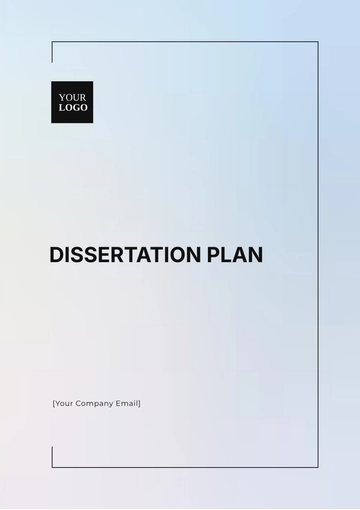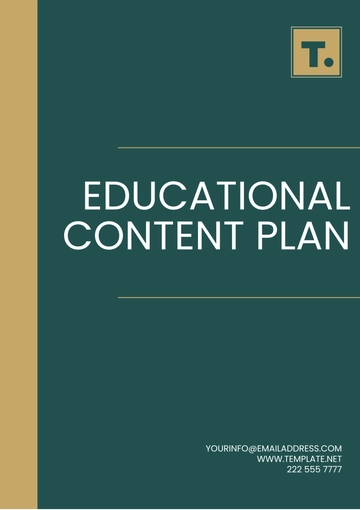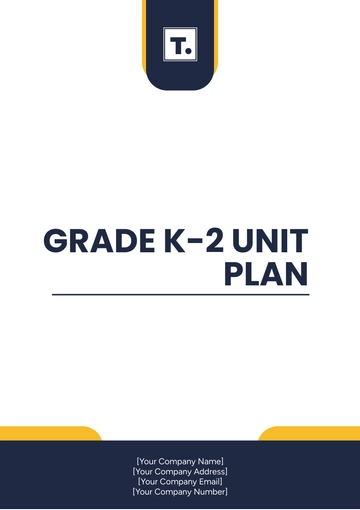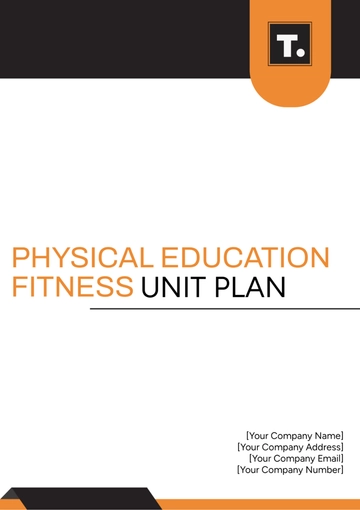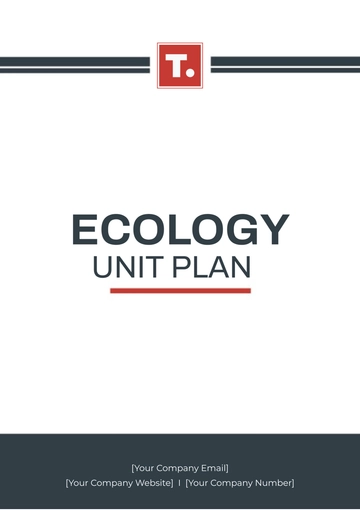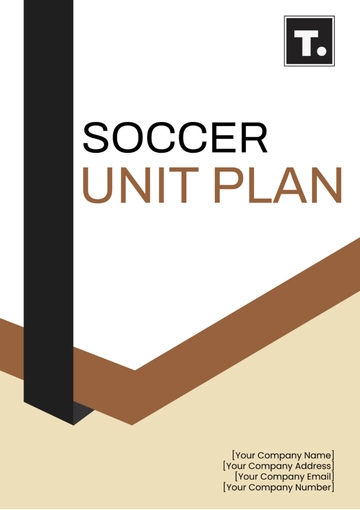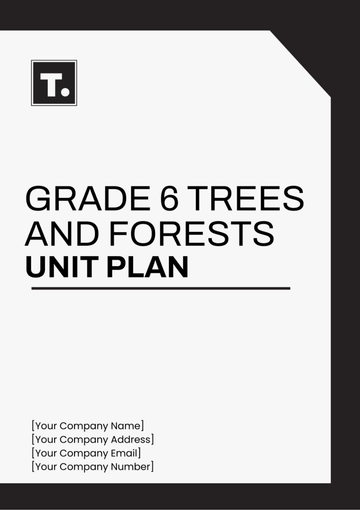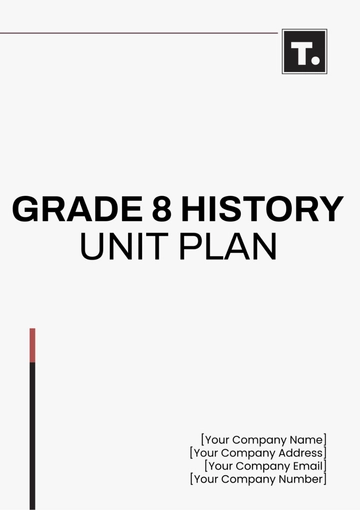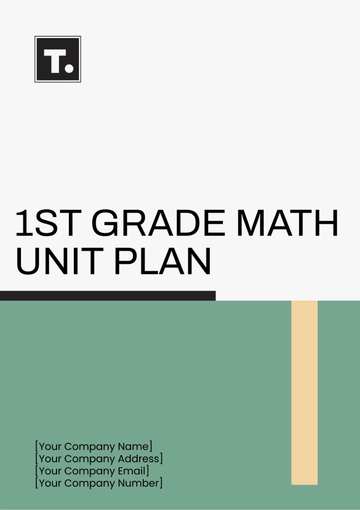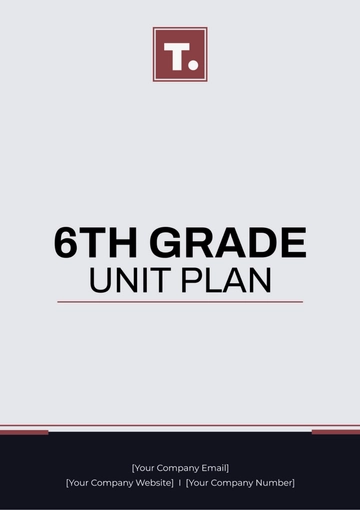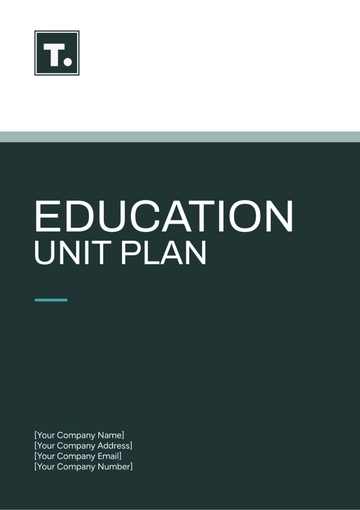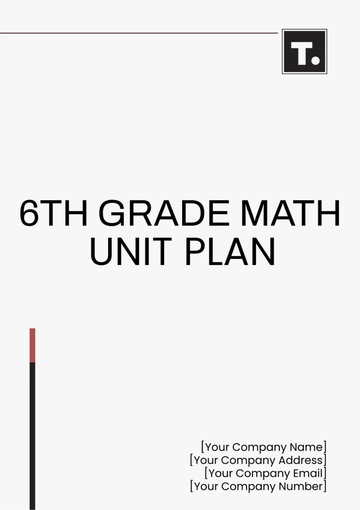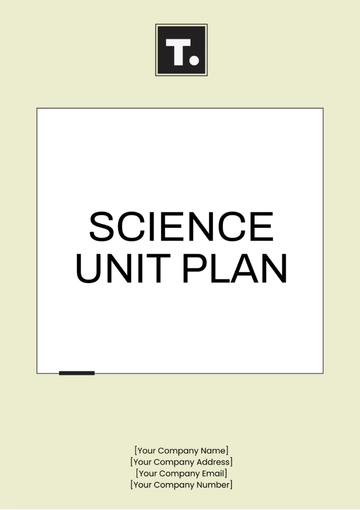Free Outdoor Education Unit Plan
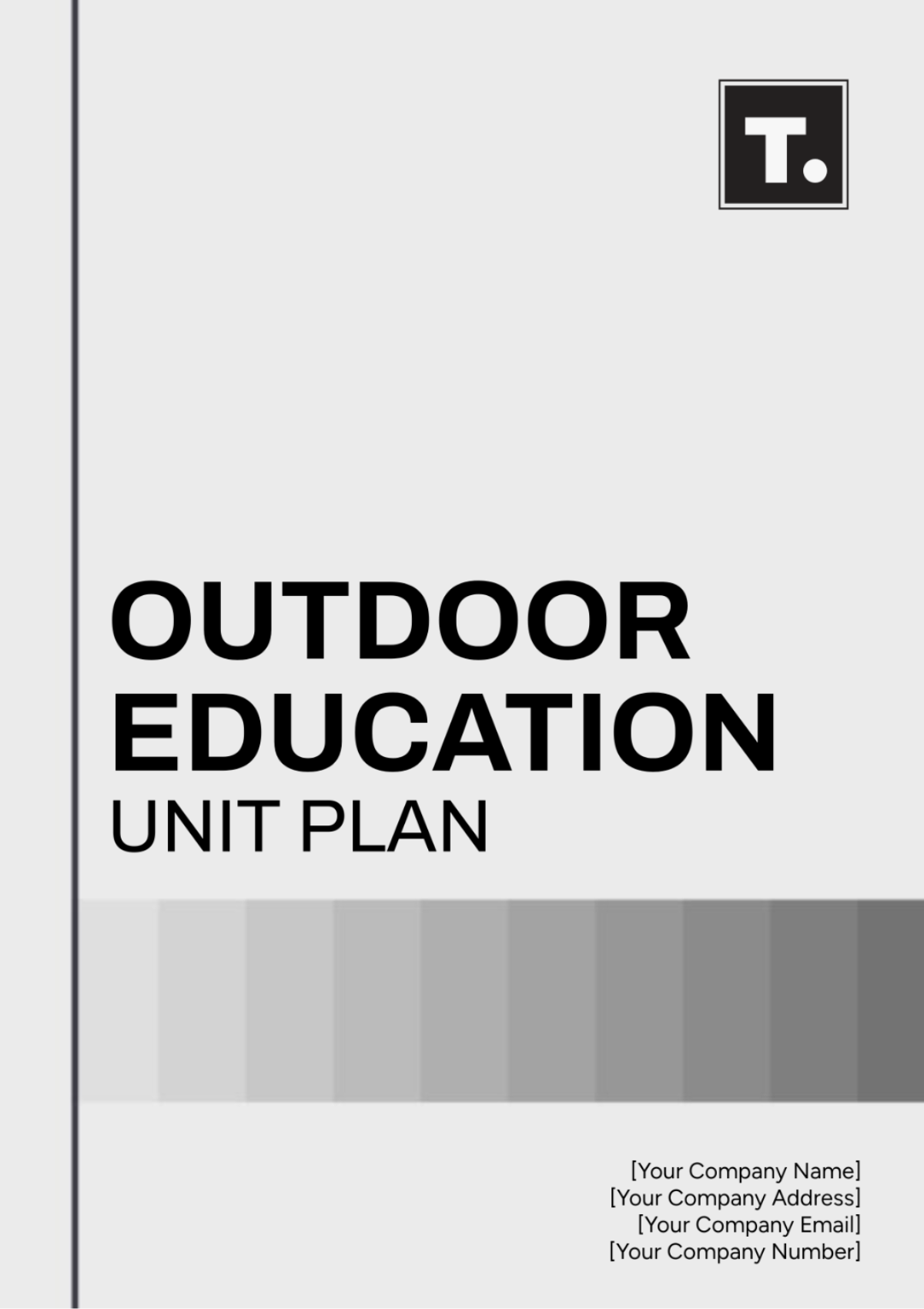
Prepared by | [Your Name] |
Subject | Environmental Science |
Topic | Planning and Conducting School Field Trips and Nature Excursions |
Date | [Date] |
I. Unit Summary
This unit aims to immerse students in hands-on learning experiences outside the traditional classroom, fostering a deep connection with nature. Through school field trips and nature excursions, students will explore ecosystems, biodiversity, and environmental issues firsthand. The unit will cover the meticulous planning, execution, and reflective post-trip activities necessary to ensure educational but also enjoyable and safe outings. Various instructional strategies will cater to diverse learners, ensuring maximum engagement and understanding.
II. Learning Objectives
Understand the profound impact of experiential learning through immersive field trips.
Learn the intricacies of planning and organizing a successful field trip, from selecting destinations to managing logistics.
Identify and articulate the intrinsic benefits of nature excursions, including their role in promoting environmental stewardship.
Acquire essential safety protocols and emergency procedures to ensure the well-being of all participants during outdoor activities.
Reflect on and evaluate personal experiences and learning outcomes post-trip, fostering a deeper appreciation for environmental science.
III. Standards Alignment
This unit aligns with the following educational standards:
Next Generation Science Standards (NGSS)
Common Core State Standards (CCSS)
National Health Education Standards (NHES)
IV. Essential Questions
What are the educational benefits of visiting natural sites?
How can we ensure the safety of all participants during excursions?
What are the essential elements of a successful field trip?
How do we evaluate the success of a field trip or nature excursion?
V. Detailed Unit Plan
Week | Topics Covered | Activities |
|---|---|---|
Week 1 | Introduction to Field Trips and Nature Excursions |
|
Week 2 | Planning and Preparation |
|
Week 3 | Executing the Trip |
|
Week 4 | Post-Trip Reflective Activities |
|
VI. Instructional Strategies
To accommodate diverse learning styles and preferences, this unit employs a variety of instructional strategies:
Class discussions and peer learning to encourage active participation and collaboration.
Hands-on activities and role-plays to simulate real-life scenarios and enhance practical skills.
Reflective writing and group sharing sessions to promote critical thinking and self-awareness.
Multimedia presentations and research projects to cater to visual and auditory learners, fostering deeper understanding and engagement.
VII. Assessment Methods
Students will be assessed through a combination of formative and summative assessments, including:
Participation in planning exercises and role-play activities, demonstrating an understanding of logistical and safety considerations.
Reflective journals and post-trip reports, evaluating personal growth, insights, and connections to course content.
Group presentations on mock field trips, assessing communication skills, creativity, and critical thinking.
Quizzes on safety protocols and planning essentials, ensuring comprehension of key concepts and procedures.
VIII. Resources and Materials
The following resources and materials will be utilized throughout the unit:
Field trip permission forms and safety checklists to ensure compliance with school policies and regulations.
Handouts outlining planning guidelines and safety protocols, providing students with essential reference materials.
Multimedia equipment for interactive presentations and visual aids, enhancing learning experiences.
Reflection journals or notebooks for students to record thoughts, observations, and reflections during and after field trips.
IX. Reflection and Evaluation
Group Sharing and Discussion:
Following each field trip, students will participate in facilitated group discussions to share their reflections with peers.
These discussions will provide an opportunity for students to learn from each other's experiences, deepen their understanding of key concepts, and foster a sense of community and camaraderie.
Teachers will guide the discussions by posing thought-provoking questions and encouraging active participation from all students.
Evaluation of Learning Outcomes:
In addition to individual reflection, students will engage in collective evaluation of the learning outcomes achieved during the unit.
Through collaborative activities and presentations, students will assess the extent to which the objectives of the field trips and nature excursions were met.
This evaluation process will encourage critical thinking, self-assessment, and accountability for one's learning journey.
Continuous Improvement:
Feedback obtained through reflection and evaluation will inform ongoing improvements to the outdoor education program.
Teachers will gather insights from student reflections, group discussions, and assessment results to refine future field trip plans, instructional strategies, and safety protocols.
By embracing a culture of continuous improvement, the outdoor education program will evolve to better meet the diverse needs and interests of students over time.
- 100% Customizable, free editor
- Access 1 Million+ Templates, photo’s & graphics
- Download or share as a template
- Click and replace photos, graphics, text, backgrounds
- Resize, crop, AI write & more
- Access advanced editor
Elevate your teaching with Template.net’s Outdoor Education Unit Plan Template. This fully customizable and editable resource is designed to enhance outdoor learning experiences. Editable in our Ai Editor Tool, it allows you to tailor every detail to your educational needs, ensuring an engaging and effective unit plan.
You may also like
- Finance Plan
- Construction Plan
- Sales Plan
- Development Plan
- Career Plan
- Budget Plan
- HR Plan
- Education Plan
- Transition Plan
- Work Plan
- Training Plan
- Communication Plan
- Operation Plan
- Health And Safety Plan
- Strategy Plan
- Professional Development Plan
- Advertising Plan
- Risk Management Plan
- Restaurant Plan
- School Plan
- Nursing Home Patient Care Plan
- Nursing Care Plan
- Plan Event
- Startup Plan
- Social Media Plan
- Staffing Plan
- Annual Plan
- Content Plan
- Payment Plan
- Implementation Plan
- Hotel Plan
- Workout Plan
- Accounting Plan
- Campaign Plan
- Essay Plan
- 30 60 90 Day Plan
- Research Plan
- Recruitment Plan
- 90 Day Plan
- Quarterly Plan
- Emergency Plan
- 5 Year Plan
- Gym Plan
- Personal Plan
- IT and Software Plan
- Treatment Plan
- Real Estate Plan
- Law Firm Plan
- Healthcare Plan
- Improvement Plan
- Media Plan
- 5 Year Business Plan
- Learning Plan
- Marketing Campaign Plan
- Travel Agency Plan
- Cleaning Services Plan
- Interior Design Plan
- Performance Plan
- PR Plan
- Birth Plan
- Life Plan
- SEO Plan
- Disaster Recovery Plan
- Continuity Plan
- Launch Plan
- Legal Plan
- Behavior Plan
- Performance Improvement Plan
- Salon Plan
- Security Plan
- Security Management Plan
- Employee Development Plan
- Quality Plan
- Service Improvement Plan
- Growth Plan
- Incident Response Plan
- Basketball Plan
- Emergency Action Plan
- Product Launch Plan
- Spa Plan
- Employee Training Plan
- Data Analysis Plan
- Employee Action Plan
- Territory Plan
- Audit Plan
- Classroom Plan
- Activity Plan
- Parenting Plan
- Care Plan
- Project Execution Plan
- Exercise Plan
- Internship Plan
- Software Development Plan
- Continuous Improvement Plan
- Leave Plan
- 90 Day Sales Plan
- Advertising Agency Plan
- Employee Transition Plan
- Smart Action Plan
- Workplace Safety Plan
- Behavior Change Plan
- Contingency Plan
- Continuity of Operations Plan
- Health Plan
- Quality Control Plan
- Self Plan
- Sports Development Plan
- Change Management Plan
- Ecommerce Plan
- Personal Financial Plan
- Process Improvement Plan
- 30-60-90 Day Sales Plan
- Crisis Management Plan
- Engagement Plan
- Execution Plan
- Pandemic Plan
- Quality Assurance Plan
- Service Continuity Plan
- Agile Project Plan
- Fundraising Plan
- Job Transition Plan
- Asset Maintenance Plan
- Maintenance Plan
- Software Test Plan
- Staff Training and Development Plan
- 3 Year Plan
- Brand Activation Plan
- Release Plan
- Resource Plan
- Risk Mitigation Plan
- Teacher Plan
- 30 60 90 Day Plan for New Manager
- Food Safety Plan
- Food Truck Plan
- Hiring Plan
- Quality Management Plan
- Wellness Plan
- Behavior Intervention Plan
- Bonus Plan
- Investment Plan
- Maternity Leave Plan
- Pandemic Response Plan
- Succession Planning
- Coaching Plan
- Configuration Management Plan
- Remote Work Plan
- Self Care Plan
- Teaching Plan
- 100-Day Plan
- HACCP Plan
- Student Plan
- Sustainability Plan
- 30 60 90 Day Plan for Interview
- Access Plan
- Site Specific Safety Plan
